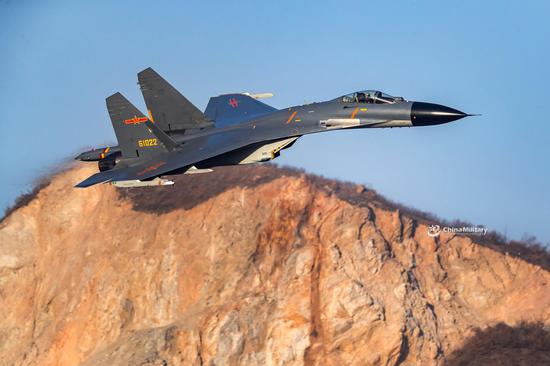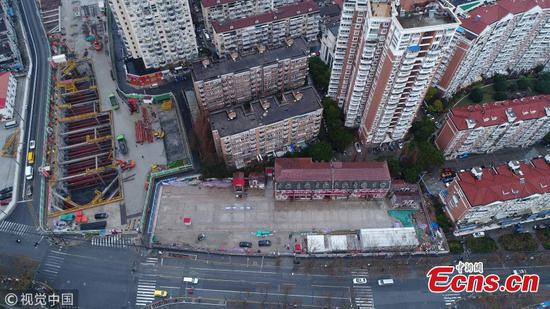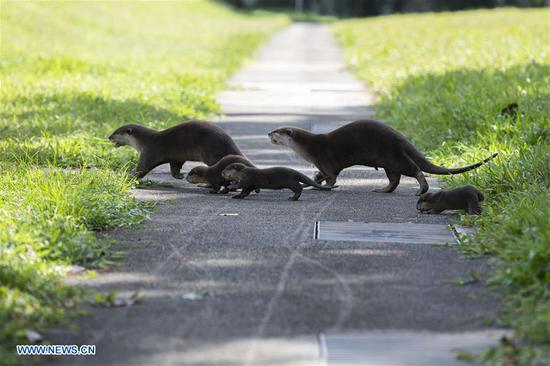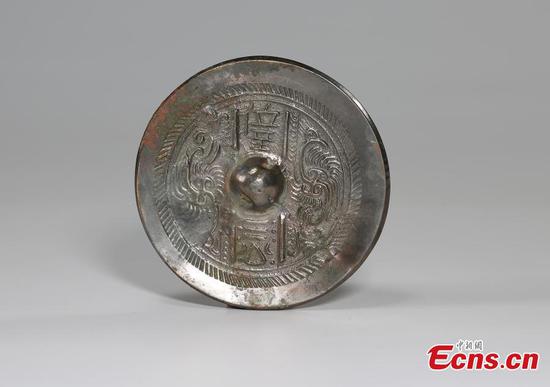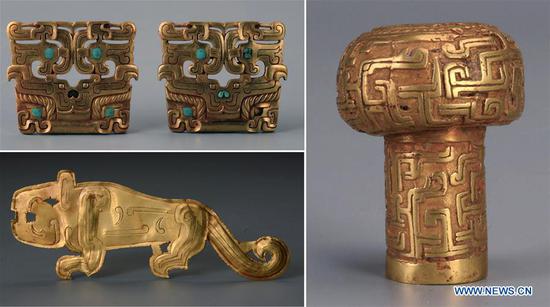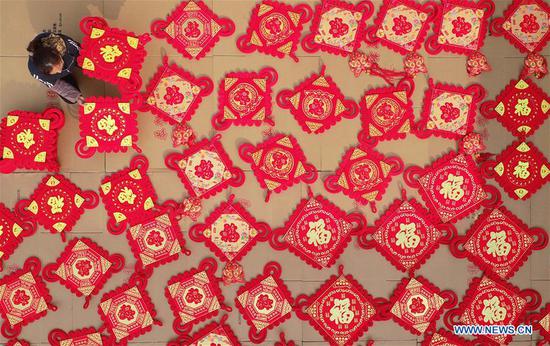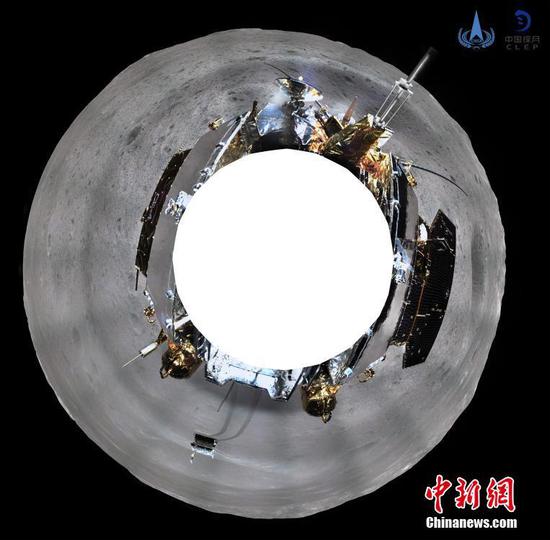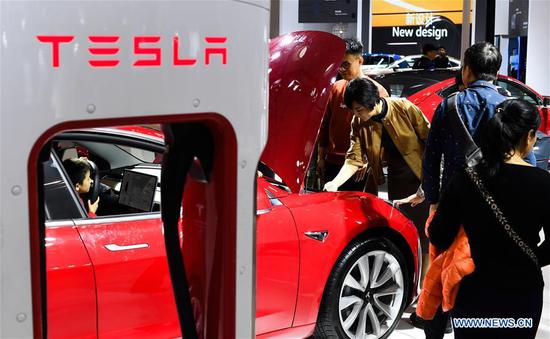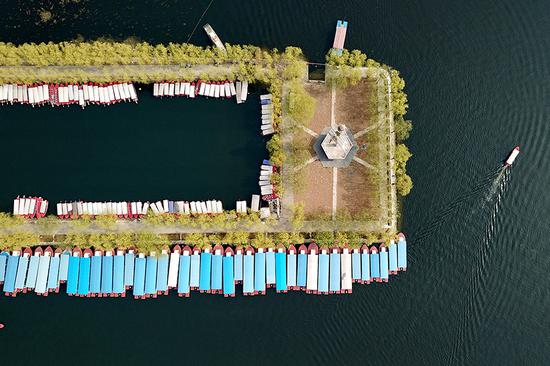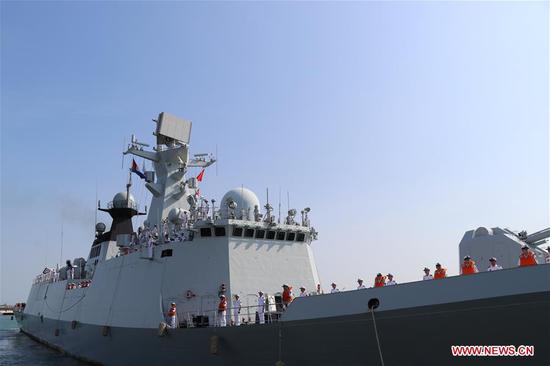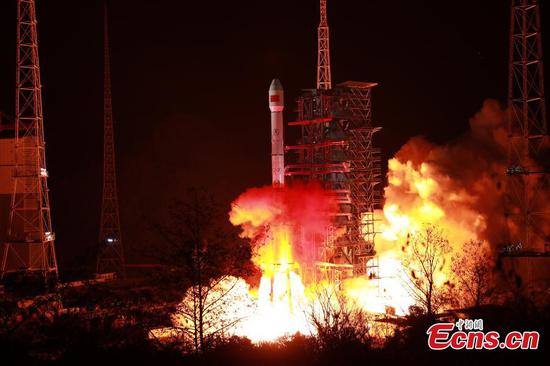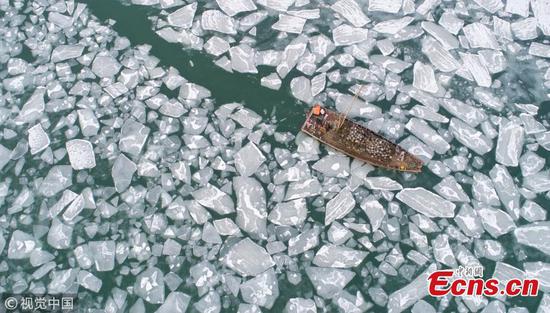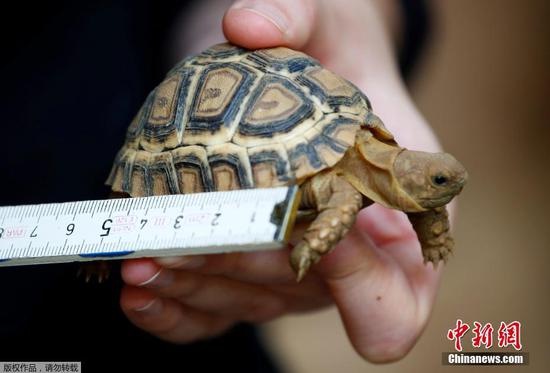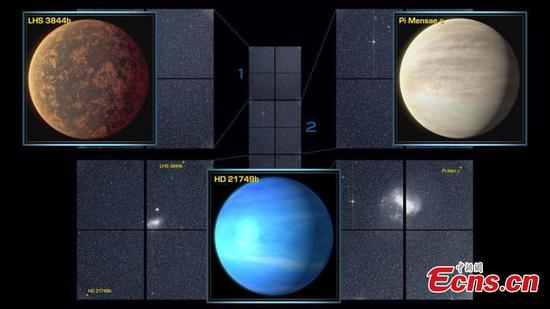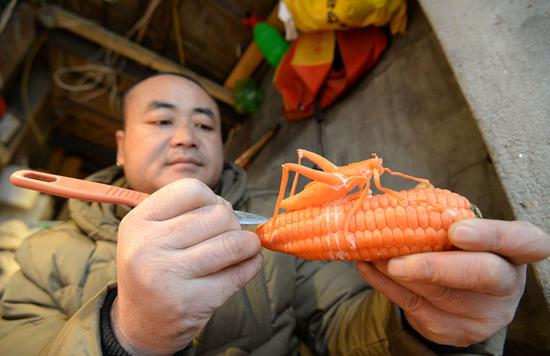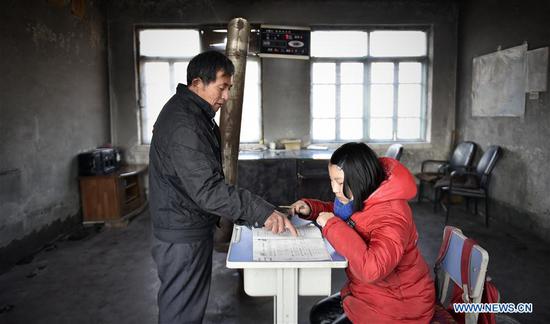SpaceX on Friday blasted off a payload of global communications satellites for Iridium, marking the first launch of 2019 for the California-based company headed by Elon Musk.
"Three, two, one, ignition. Liftoff of Falcon 9," Iridium CEO Matt Desch said on a live webcast as the white Falcon 9 rocket took flight from Vandenberg Air Force Base in California at 7:31 am (1531 GMT).
The mission, carrying 10 Iridium's NEXT satellites to orbit, also marked the completion of Iridium's project to replace the world's largest commercial communication satellite network with 75 new satellites in orbit.
Iridium, a provider of voice and data communications, has planned to replace its entire constellation with next-generation satellites since 2017.
Its NEXT satellite constellation was designed to deploy a cross-linked Low-Earth Orbit (LEO) architecture, providing coverage over 100 percent of the Earth's surface, including across oceans, airways and polar regions.
According to the company, it is on track to fully replace the world's largest commercial satellite network of low-earth orbit satellites in what will be one of the largest "tech upgrades" in history.
Friday's launch was SpaceX's eighth and final in a series for Iridium, which is headquartered in Virginia.
Nine minutes after launch, the tall portion of the Falcon 9 rocket landed successfully on a floating platform in the Pacific Ocean.
"There it is, right in the middle of the bullseye," said SpaceX commentator John Innsbrucker, as live images showed the first stage of the rocket standing upright on the droneship named "Just Read the Instructions."
Like other rockets, SpaceX was separated after launch into a first and second stage.
But instead of allowing the first stage, or booster, to fall into the ocean as trash, SpaceX's Falcon 9 fires its engines, maneuvers its grid fins and makes a controlled landing back on Earth.
The effort aims to cut the costs of spaceflight and make expensive rocket parts more reusable, like airplanes.










